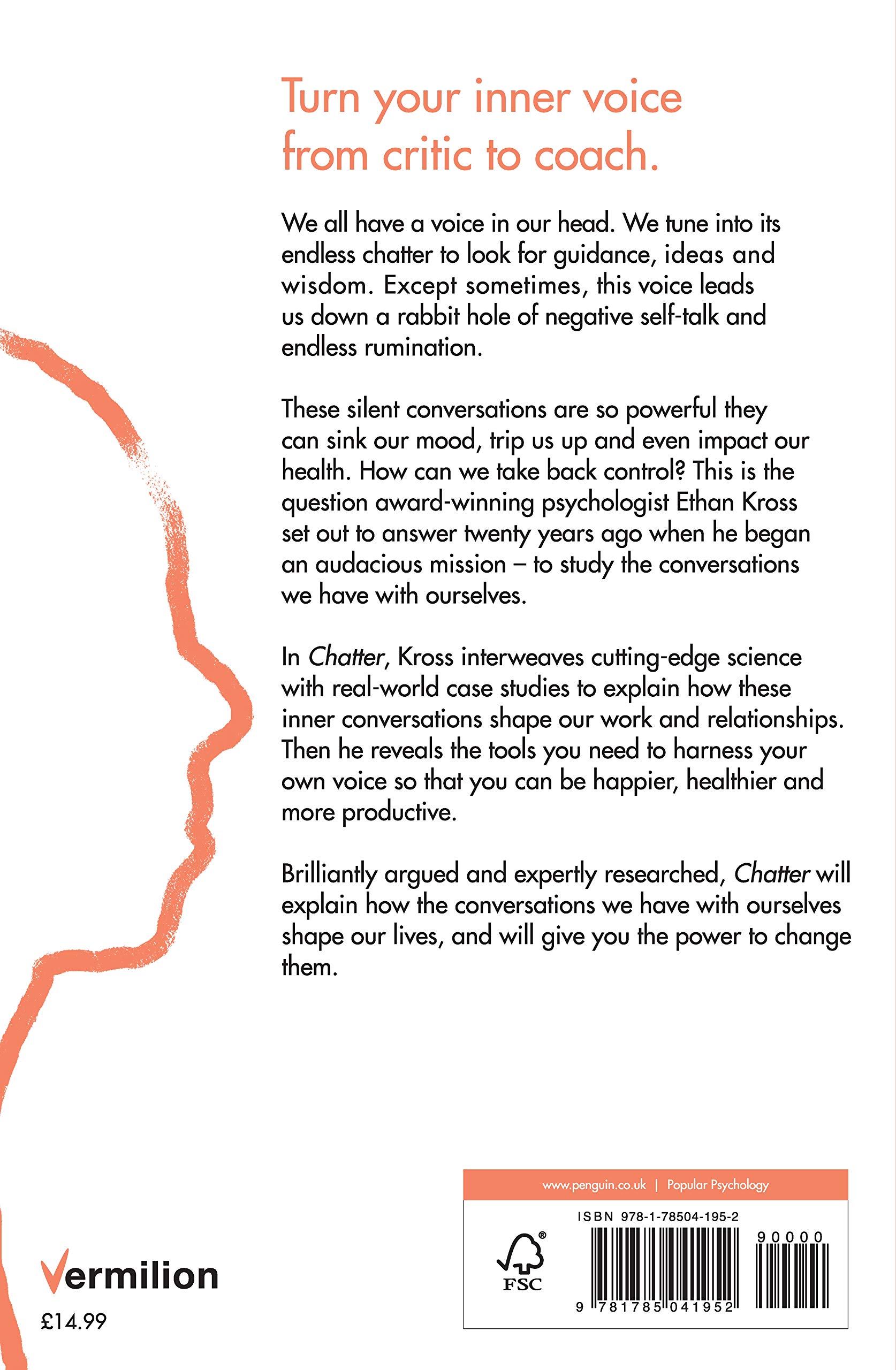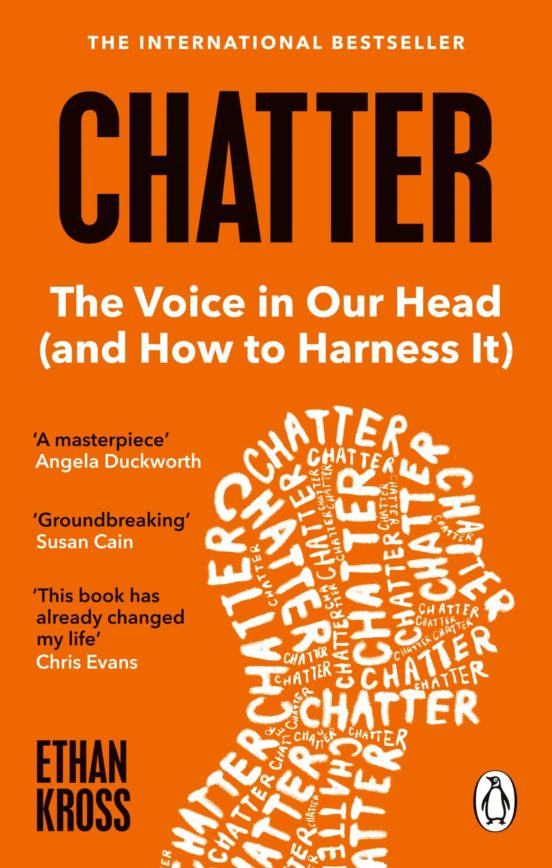

Your mood is defined not by what you did but by what you thought about.

You’re in a situation in which you should be happy (spending time with friends, say, or celebrating an accomplishment), but a ruminative thought swallows your mind. What people are thinking about turns out to be a better predictor of their happiness than what they are actually doing. The scientists found that inner experiences consistently dwarf outer ones. My working memory is also highly impacted by the disorder.Kindle | Hardcover | Audiobook Why We Talk to Ourselves This particular point was interesting because I am diagnosed with ADHD, which makes it difficult for me to turn my inner voice off and focus on a task at hand.

There are many things to combat chatter, like going out to seek what nature has to offer, organizing our spaces, or performing rituals to get into the right headspace.Hence why looking inside yourself might not always hold all the answers one would like to receive. Negative thoughts that cycle through our head, and are thus referred to as “chatter”, are destructive by nature.In constructive behavior, talking to ourselves can help us process difficult emotions and coach us to achieve our goals.This inner monologue we are having can be either constructive or destructive.However, our inner monologue can pop up while we multitask, making this constant conversation inescapable. Our brain automatically jumps into the “default” state whenever a current activity isn’t engaging enough.As a result, we spend most of our time inside our minds, chasing thoughts. Whenever we follow our thoughts aimlessly, we “decouple”, which is the default state of our brain.Therefore, we often engage in an inner monologue with our thoughts involving our past or our future. As humans, we have the ability to time travel within the restrictions of our brains.


 0 kommentar(er)
0 kommentar(er)
